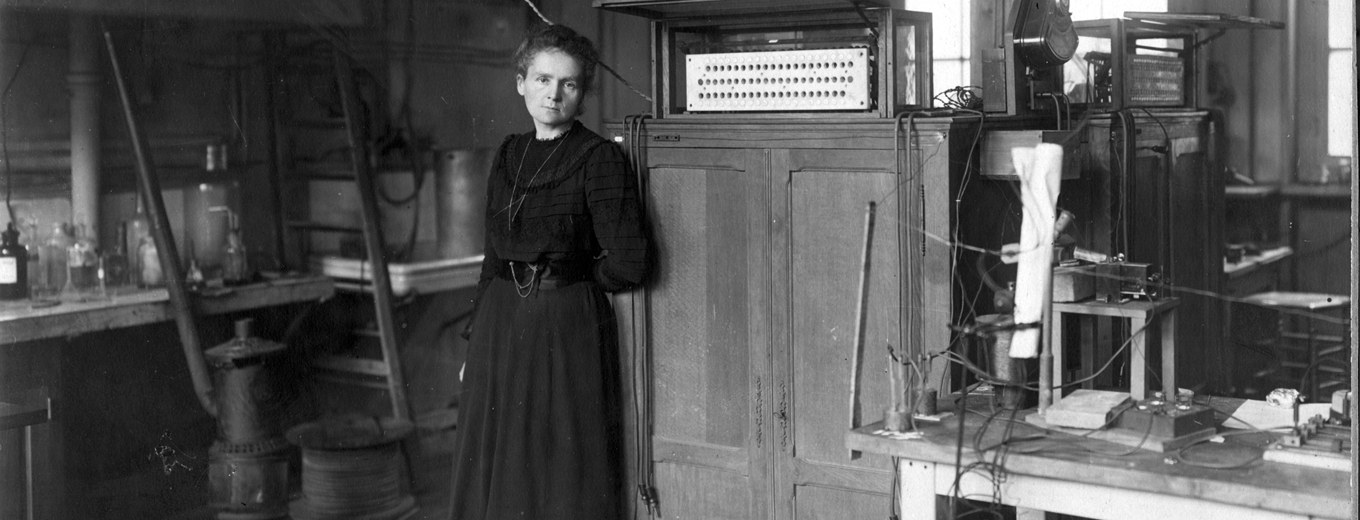A recent report on the MSCA COFUND highlights the challenge of unequal participation across countries in co-financed funding instruments.
The publication on COFUND, part of the Horizon Europe Marie Skłodowska-Curie Actions (MSCA), presents the results of a feedback to policy exercise. It also provides policy recommendations and practical suggestions for improving the funding scheme. These insights and recommendations seem particularly relevant in light of the European Commission’s recent aspiration to attract and retain talent. After all, one of the first elements of this initiative – the MSCA Choose Europe for Science Pilot – is also designed as a co-funded instrument within the MSCA.
COFUND is a Horizon Europe action that provides complementary funding for regional, national, and international doctoral or postdoctoral fellowship programmes in EU Member States and Associated Countries. These fellowships support scientific and transferable skills training to enhance researchers’ employability across academic and non-academic sectors. Applicants may apply for funding for new or existing programmes. Like other MSCA actions – for now –, COFUND follows a bottom-up approach without predefined research topics. However, proposals must demonstrate impact on human resources in Research & Innovation (R&I) at regional, national, or international levels. Launched under FP7 in 2007, COFUND had a budget of 105.6 million euros for the 2025 call. Each beneficiary can receive up to 10 million euros per call, with a minimum recruitment of three researchers.
The MSCA Feedback to Policy exercise is an overarching initiative under the MSCA to systematically gather, analyse, and provide policy-relevant insights from the wide range of MSCA-funded projects. The exercise for COFUND followed a three-step process: feedback was first collected from around 100 beneficiaries through a questionnaire; then, consultation meetings were held with MSCA National Contact Points from 22 countries and EU agency staff to discuss COFUND implementation; finally, six successful COFUND projects presented their best practices at a policy event in summer 2024.
A key outcome of the exercise is that COFUND programmes had a positive impact on participants’ career paths and employability in both academic and non-academic sectors. They also supported the development of deeper and more diverse skills and competences. The report therefore recommends that the COFUND-successor action maintains its focus on researcher training. According to the report, the action partially achieved its aim of fostering international, intersectoral, and interdisciplinary mobility, as well as sustainable collaboration between academic and non-academic organisations – although participation from the non-academic sector remains relatively low compared to other MSCA actions.
COFUND is not only aimed at improving opportunities for researchers, it should also affect the research landscape of participating beneficiaries. However, most beneficiaries do not perceive such structural impact. What would be needed here is wide participation in the COFUND action across Europe, which is currently lacking. Participation is uneven, with one-third (34%) of all funded projects coordinated by just two Member States (Spain and France). In some countries, COFUND is not the preferred mechanism for supporting research and training. Instead, efforts focus on schemes offering 100% funding, such as MSCA Doctoral Networks (DN) and Postdoctoral Fellowships (PF), rather than those requiring co-funding.
This limited participation is linked to the challenge of securing co-funding. Most beneficiaries reported providing 50–60% of the total budget, meaning the required contribution from beneficiaries and partners can still be considerable. Examining co-funding sources reveals that institutional funding accounts for the largest share (74%), while national and regional funds make up half of the sources (31% and 28%, respectively). Private funding was involved in 18% of included projects. Funding from Erasmus+, ERDF, and CF was reported occasionally. However, access to this co-funding is not equally available across countries. There are also constraints on using institutional resources for a COFUND project. At the institutional level, universities may have resources, but this ‘free money’ is limited and allocated differently. Against this background, one outcome of the feedback-to-policy exercise was the recommendation to transform COFUND into a 100% funding scheme.
The report also highlights salary disparities among MSCA researchers, noting that COFUND fellows often receive lower pay than those in MSCA Doctoral Networks and MSCA Postdoctoral Fellowships. COFUND applies only a lower minimum salary and does not include the Country Correction Coefficient, which ensures equal treatment and purchasing power parity across countries. The report therefore recommends that future COFUND-like actions offer the same monthly salary and apply the correction coefficient to align conditions across all MSCA schemes.
The COFUND consortium operates under a mono-beneficiary model, where only one legal entity from an EU Member State or Horizon Europe Associated Country can apply, sign the Grant Agreement, and claim costs. This means that implementing partners – who recruit MSCA researchers and often contribute to co-funding – are treated merely as third parties. They cannot claim costs directly from the European Research Executive Agency (REA) and must be funded via the beneficiary. The publication therefore also recommends a formal multi-beneficiary set-up in the COFUND successor.
How actively Swiss entities will engage in COFUND, its successor, and other MSCA calls remains to be seen, as Switzerland became eligible to apply as a beneficiary again only for the 2025 calls.

